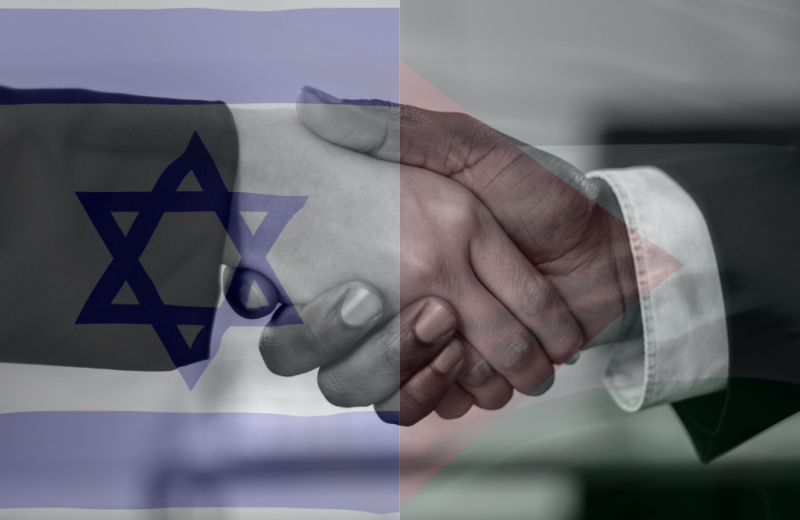
The ongoing war between Israel and Hamas in the Gaza Strip might evolve in the next few weeks into its ‘third stage’, following the aerial bombardment and the massive ground operation undertaken by the IDF into a low-intensity warfare and the establishment of buffer zones with or without a limited Israeli military presence in the enclave.
The way the war is being prosecuted will determine the range of political options in its aftermath. Despite the reluctance of the current Israeli government to engage in any substantial long-term political discussion about the “day after” in terms of any significant blueprints or scenarios, it is imperative to draw a coherent road map regarding the feasible diplomatic options for the immediate and long-term perspectives regarding Israel’s exit from Gaza in the aftermath of the war, including the political resolution of the Israeli-Palestinian conflict.
Taking into consideration the lack of political willingness and/or ability of both Israeli and Palestinian leaderships to advance peace after the war, the dire situation in the Gaza Strip, and the international and domestic political repercussions for several key actors (including the United States, Egypt, and Jordan), this paper examines the possible role and functions that an International Peace Conference (IPC) might fulfil in granting domestic and international legitimacy and the drawing of a coherent road map leading to de-escalation, stabilization, demilitarization, reconstruction, and governance of the Gaza Strip in the immediate term. Moreover, any IPC should also address the larger political issue regarding the ultimate diplomatic resolution of the Israeli-Palestinian conflict in the form of the fulfillment of UNGA Resolution 181 (1947) and the creation of a demilitarized Palestinian State in the Gaza Strip and the West Bank, following UNSC Resolutions 242 (1967), 338 (1973),1515 (2003), 1850 (2008), and 2334 (2016).
The policy paper draws on historical precedents from other conflicts, as well as reflecting on examples and experiences from the Arab-Israeli conflict, first and foremost the relevant and successful example of the Madrid Conference of October 1991. The major insight to be drawn is that an IPC is a necessary but not sufficient political diplomatic ingredient in the road map leading to the reconstruction of the Gaza Strip in the aftermath of the war in the immediate term, as well as to peace negotiations towards the peaceful resolution of the Arab-Israeli conflict and the establishment of a demilitarized Palestinian State alongside Israel.


